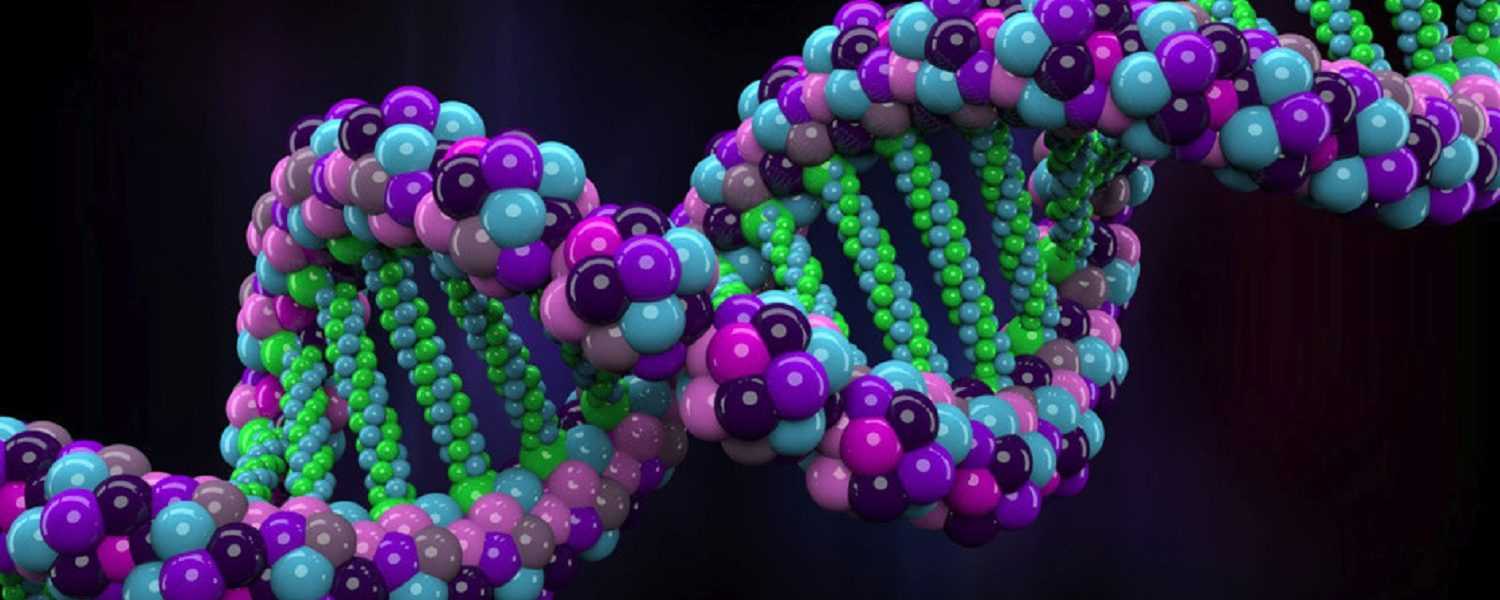Share your coffee stories with us by writing to info@comunicaffe.com.
PORTLAND, OR, U.S. – New study of DNA fingerprinting for Arabica coffee finds widespread lack of genetic conformity across farms, nurseries, and seed gardens. Most coffee farms—and even seed lots and nurseries—do not know which varieties they are using. But there is increasing awareness that identifying the optimal varieties for coffee cultivation is a key condition for long-term sustainable production. So what are farmers to do?
A new, open-access study published yesterday in the Journal of AOAC International describes a way to authenticate Arabica coffee varieties using an SSR DNA fingerprinting method and describes how the method can help move the needle toward a more professional seed sector.
The method has been used by World Coffee Research on over 2,500 coffee samples from farms, seed lots, and nurseries around the world; the authors confirm that, depending on the variety, genetic conformity (meaning the tested plant is indeed the variety it is thought to be) can range from under 40% (for a Gesha) to over 90% (for Marsellesa).
Why is DNA fingerprinting so important for coffee
The study’s authors write, “DNA fingerprinting provides different actors in the coffee sector with a powerful new tool—farmers can verify the identity of their cultivated varieties, coffee roasters can be assured that marketing claims related to varieties are correct, and most of all, those looking to establish the a more professional and reliable coffee seed sector have a reliable new monitoring tool to establish and check genetic purity of seed stock and nursery plants.”
The authors of the study are Solene Pruvot-Woehl (WCR), Sarada Krishnan (Denver Botanic Garden), William Solano (CATIE), Tim Schilling (WCR), Lucille Toniutti (WCR), Benoit Bertrand (CIRAD), and Christophe Montagnon (RD2 Vision).
Improved varieties not reaching farmers
In many coffee-producing countries the widespread cultivation of improved varieties is extremely low, with the notable exceptions of Colombia and Honduras (for Arabica), and Vietnam (for Robusta), where significant renovation and replanting schemes have taken place. Even in major or well-known producing countries like Brazil or Costa Rica, most coffee land is still cultivated using varieties selected in the 1950s, such as Caturra, Catuai or Mundo Novo. Because of past limited appetite for improved varieties, the coffee seed sector has remained poorly organized in most parts of the coffee world.
Variety authentication using fingerprinting as a basis for modernizing coffee agriculture
Indeed, the study’s authors find the genetic conformity of coffee material—on farms, in seed lots, and in nurseries—is frequently questionable, likely due to the lack of order and good practices in the coffee seed sector (the network of systems that propagates new coffee plants and gets them into the hands of farmers). After decades of informal seed exchange, sometimes over borders, it is very difficult to ascertain the true-to-type-ness of cultivated varieties, creating a major barrier to getting improved materials into the hands of farmers.
This is a concern when improved varieties are increasingly acknowledged to be essential for a sustainable coffee industry, namely for disease resistance, adaptation to climate change and market demand for high quality coffees.
The study finds that a significant share of cultivated Arabica coffee trees in the field are mixes derived from one or several generations of uncontrolled pollinations between existing varieties. This is the case in Central America for Catimors and Sarchimors. In East Africa, “true” SL28 and SL34 are widespread, but so are populations that evolved from varieties like the SLs and K7, which were initially well defined, but have drifted. Samples of Gesha, one of the most famous coffee varieties in the world, matched the “reference” variety only 39% of the time.
Experience with the WCR genetic database points to the conclusion that a recently-selected variety in a region with a relatively organized research and nurseries network exhibit higher genetic conformity.
The best example of this currently is the Marsellesa variety, with 91% of genetic conformity. However, when varieties are older and/or the research and nurseries network is poorly organized, the percentage of genetic conformity can drastically decrease.
Cleaning up coffee’s seed systems
In order for coffee producers to benefit from genetic improvement, and to meet the growing demand for specific varieties, there is great need to professionalize the coffee seed sector.
This DNA fingerprinting method provides nurseries, farmers and the whole coffee industry with a unique opportunity to increase knowledge about the genetic identify of trees that are planted or seeds that are traded. The study’s results show that most varieties can be easily identified through SSR-based DNA fingerprinting methods.
An arabica variety DNA testing service to support the sector
In 2017, World Coffee Research launched a DNA fingerprinting service for arabica coffee. The service is available to nurseries, coffee farmers, green coffee suppliers, and roasters for the authentication of arabica coffee varieties. Email dna@worldcoffeeresearch.org for more information.
Read the full study in the Journal of AOAC International.















